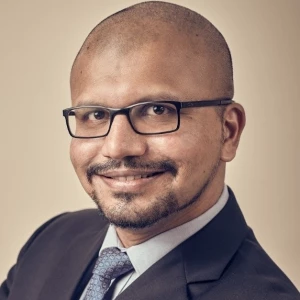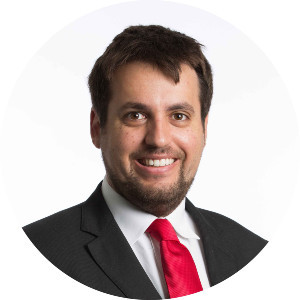Hello, I am a PhD with 4+ years of experience in a leading semiconductor company. I am looking into entering the consulting industry specifically in MBB. What are my chances in entering the industry? How should I set up myself to be successful (in case interviews, PEI, resumes) considering I am coming from a non MBA background?
Experienced Hire Professional


With ~4 years experience after PhD (without any post-doc, fellowship, etc) you will likely be considered for an associate/consultant position with some months of tenure as a point of negotiation. Therefore hances are similar to other advanced degree candidates and preparation follows same guidelines of other PhD candidates:
- Build a connection with firm: make yourself known before applying through events geared towards advanced degrees candidates, reaching out to alumni of your alma mater who work at your target consultancy or cold calling
- Prepare your PEI/fit stories well: this is critical for advanced degree candidates. Why do you want to join consulting? Why only now? Do you know what it entails (pace over depth, amount of work, etc)? Why this office? Are you planning to use your background? Are you ok in doing work in other industries you never worked before? etc etc etc
- Prepare for case interviews through books, peers, experts
- Apply
Hope it helps, good luck!
Andrea

Hey Shaan,
I would subscribe Andrea's point below!
There's only one additional point that I would like to highlight (this comes directly from a series of PhD students that I've coached last year through McKinsey): as you come completely from a non-business background (nor in terms of experience nor MBA), it's very likely you'll strugle significantly with the case portion of the interview, so I would suggest you to spend a very considerable amount of time on that part - devote time not only to learn the types of cases and frameworks, but also to try to gain/acquire business accumen, which is key!
Best
Bruno

Hi Shaan,
it is very difficult to assess your likelihood to enter the industry with just the information you provided. Main factors that could make a difference are:
- Experience you had in the company (strategy? Technical roles? Etc)
- University
- PhD degree
- Leadership experience (eg responsible for school clubs; political partiers participation)
As mentioned, the steps to follow for the application are exactly the same as for a post MBA. Coming as a PhD there could be a bias you don’t have enough strategy/leadership experiences. I would thus target CV and Cover to underline the skills you have in those areas. Also, it could be extremely relevant to get referrals, given your path is a bit unusual for an Associate/Consultant position.
Best,
Francesco
Shaan,
It looks like we have similar backgrounds (though we work in different industries) and similar goals, but I'm further along the path than you are. I've been actively preparing for the past few months and am happy to share my experiences with you; if you'd like to discuss in more detail, feel free to message me directly.
As someone who's going through the process currently, I want to emphasize something that others have said: your biggest challenege will be securing an interview. Because you are coming from outside the traditional recruiting pipeline (i.e. universities), you will need to a referral from a current consultant in order to get your application reviewed. Ideally you can leverage your existing network (e.g. old labmates, university alumni, etc), but if that fails you should try a combination of LinkedIn and attending recruiting events.
Regardless of the channel used, once you get in touch with an MBB consultant and establish a good rapport with them they should be able to give you targeted advice on your cover letter, resume, preparation strategy, etc. Your cover letter becomes extremely important at this stage, because you will use it to justify your career change. Recruiters will be asking themselves "Why does this candidate want to enter consulting now?" and a good cover letter will address that question.
When putting together your application materials and thinking about what to emphasize, think about it from the recruiter's point of view: if they see a PhD candidate with 4+ years of experience, what will they think about your strengths and weaknesses? They will probably assume you have strong analytical skills, but may lack leadership and interpersonal skills. They may also assume that you don't know much about consulting, nor why it fits with your career goals. Given this, it becomes even more important that you use your application to address those perceived gaps (e.g. leadership, fit, managing conflict, etc.).
Finally, as others have said...Start practicing cases! It's never too early to start, and take it from me - practicing with a full-time job is very difficult. The more time you give yourself to do it, the better.
Hey Shaan,
Once you're done with reading all links referred by Andrea, you will quickly realize that you immediate next step if you really want to move into consulting is to start networking, so some suggestions of threads about the topics and your potential next steps
https://www.preplounge.com/en/consulting-forum/networking-for-experienced-hireprofessional-914
https://www.preplounge.com/en/consulting-forum/networking-how-441

Dear Shaan,
To provide you with a structured reply, I would need more information from your side - School, detail and achevements in previous experience, leadership experience, etc.
Feel free to contact me in PM
Best,
André














